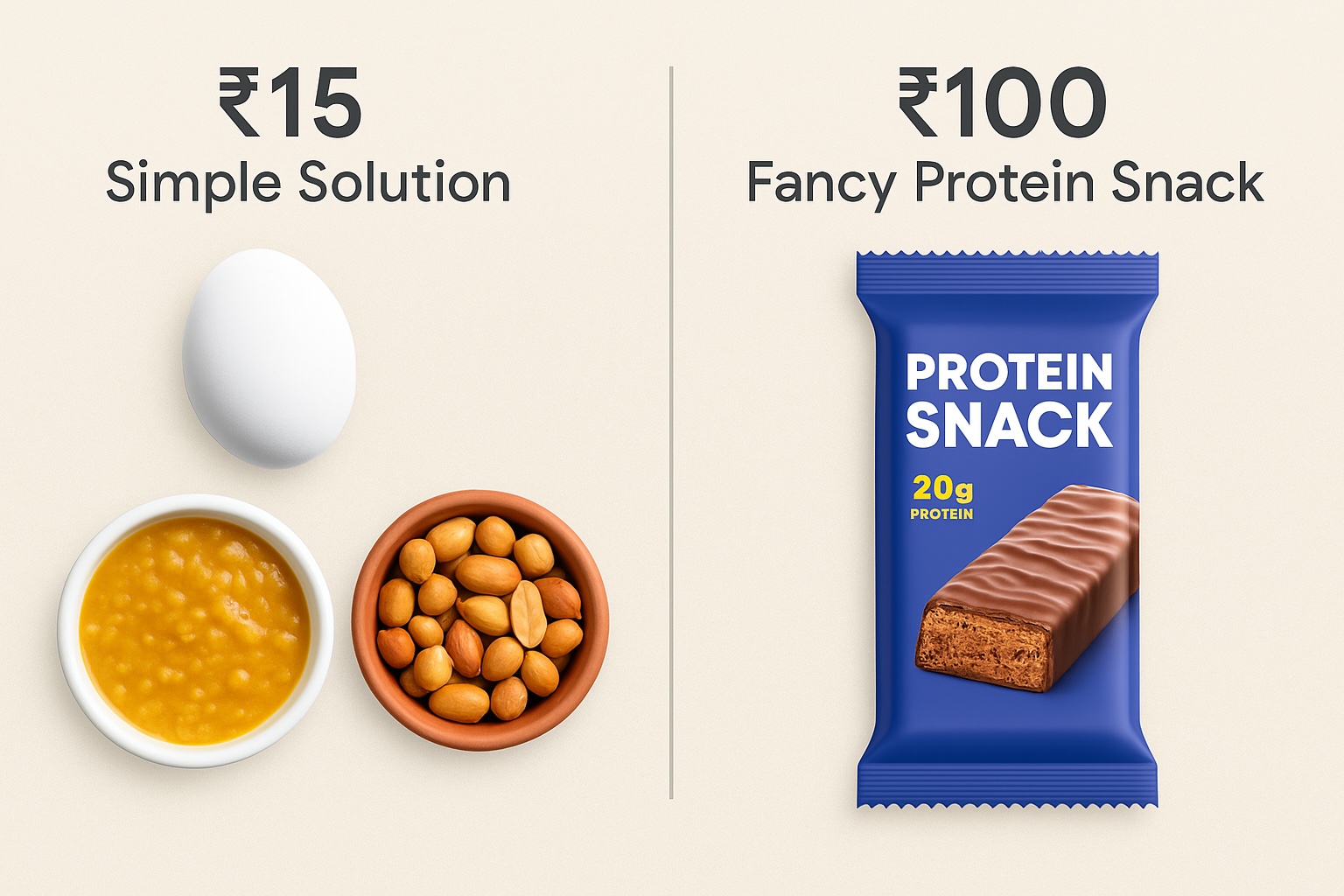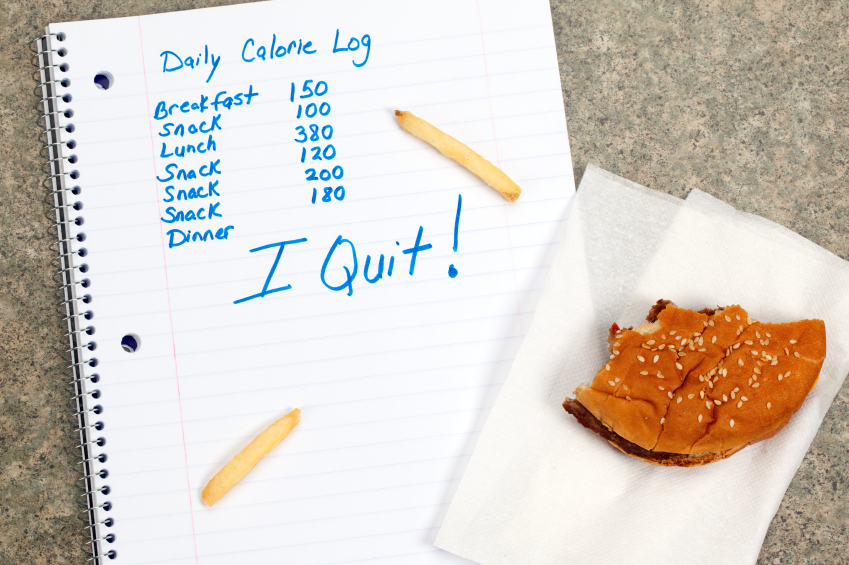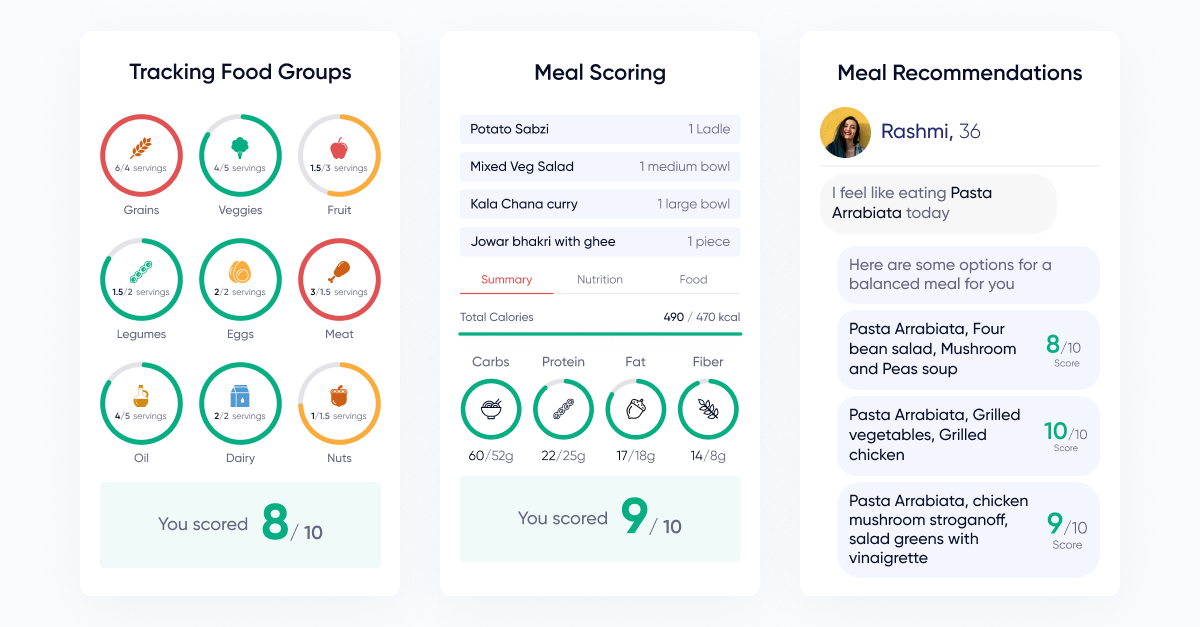
Think you have to give up your favorite foods to lose weight? Think again.
Contrary to what many restrictive diets preach, eating satisfying, flavorful food may actually help you stick to a calorie deficit and achieve long-term weight loss.
In this blog, we’ll explore how flavor, satiety, and cultural food habits play a big role in sustainable weight loss — and why countries like Japan and Italy might have already cracked the code.
Let’s clear up one common myth:
Weight loss is not about eating "clean" or cutting out entire food groups.
At the core, it comes down to this:
Weight loss = Calorie deficit
(i.e., consuming fewer calories than your body uses)
It sounds simple — and it is, in theory. But in practice, sticking to a calorie deficit is hard. Hunger, cravings, and the feeling of deprivation often derail even the most determined diets.
That’s where satiety comes in.
Satiety refers to the feeling of being full and satisfied after eating. It’s a crucial piece of the puzzle that many diets overlook.
One powerful driver of satiety is taste — specifically, the umami flavor.
Umami (often called the "fifth taste") is a savory, rich flavor that naturally enhances satisfaction. It’s commonly found in:

It’s no coincidence that both Japan and Italy have relatively low obesity rates compared to many western countries.
Both countries enjoy flavorful, culturally rich, satisfying meals — and yet, manage to maintain healthier weight profiles.
In Japan, MSG is widely used to add umami and satiety to food. Despite the negative press it’s received in the West (often based on outdated or biased studies), MSG is safe, and the Japanese continue to consume it regularly.
In Italy, Parmesan cheese is a staple — a natural source of umami that adds depth and richness to even simple meals. Italians are known for mindful, pleasurable eating — and they do it without banning carbs or obsessing over sugar.
The result?
People in both cultures feel more satisfied after meals — and naturally practice better portion control without feeling deprived.
Trying to lose weight by eating bland "diet food" or cutting out all your favorites is a recipe for failure.
When your meals don’t taste good or satisfy you, you’re far more likely to:
Instead of fighting your cravings, work with them.
👉 Add umami-rich ingredients to your meals
👉 Use spices, herbs, and savory flavors to make food more enjoyable
👉 Focus on portion control and calorie awareness, not elimination
Here’s the truth most “clean eating” programs don’t tell you:
You don’t need to give up chocolate, pizza, or cheese to lose weight.
You just need to eat mindfully and enjoy your food in moderation.
When your meals are tasty and satisfying, you're far more likely to stop when you're full — and not feel the need to snack later.
The idea that food has to be boring to be healthy is outdated.
Whether it’s a comforting bowl of dal, a spoon of umami-rich soy sauce, or a sprinkle of Parmesan, taste is your ally in your weight loss journey — not your enemy.
So instead of cutting everything out, try this:
Eat smarter. Eat tastier. Eat what you love.





